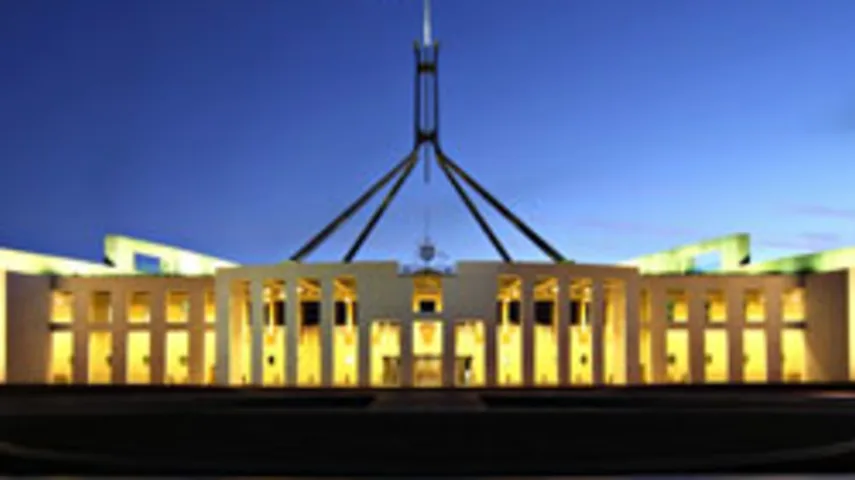Govt should finish AML/CTF regime



The failure of successive governments to implement further tranches of the Commonwealth Anti-Money Laundering/Counter Terrorism Financing (AML/CTF) regime has placed undue pressure on financial institutions, according to the Association of Superannuation Funds of Australia (ASFA).
In a submission the Federal Attorney-General’s Review of the AML/CTF regime, ASFA pointed out the review white paper’s acknowledgment that when the legislation was originally introduced “it was seen as the first tranche of reforms”.
“Extension of the Act to cover a second tranche of business sectors - lawyers, accountants, real estate agents, trust and company service providers and high value dealers - was intended to proceed later but has not occurred to date.”
The submission said ASFA had noted that the second tranche was promised within 12 months of December 2006 by the then Minister for Justice and Customs, Chris Ellison but that, “over six years later there appears to be no further commitment in this area”.
“The burden of having Tranche II businesses as customers of the financial sector has instead been borne solely by financial institutions,” the submission said. “This has particular impact on the superannuation sector where Tranche II businesses are often involved in establishing and managing superannuation funds.
“ASFA contends that gaps in the net designed to stop acquisitive crime will continue to exist for as long as Tranche II is left unimplemented in Australia,” it said.
Recommended for you
The super fund has launched Retirement Manager, a digital advice tool helping members plan income, spending, and retirement confidence with integrated support.
APRA has warned retail super trustees that financial adviser involvement in recommending platform products does not diminish their obligations, as regulators turned the spotlight on the Shield Master Fund and First Guardian Master Fund during a meeting with fund CEOs.
AMP’s chief economist has unveiled a wish list for the Australian government’s Economic Reform Roundtable.
Australian retirees could increase their projected annual incomes between 3 and 51 per cent by incorporating personal and household data into their retirement income strategies, according to new research.









